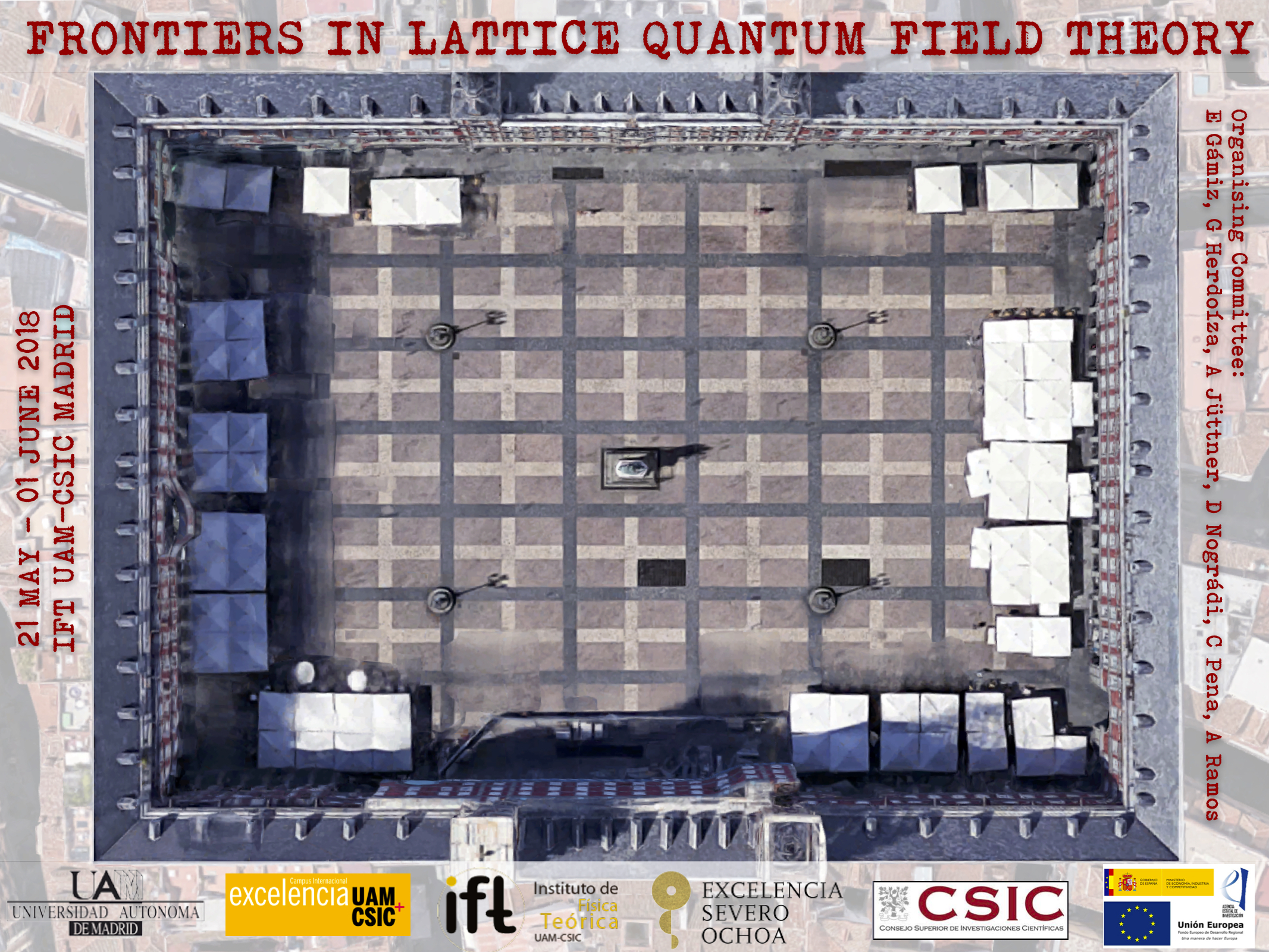Download current event:
Calendar file
In order to enable an iCal export link, your account needs to have an API key created. This key enables other applications to access data from within Indico even when you are neither using nor logged into the Indico system yourself with the link provided. Once created, you can manage your key at any time by going to 'My Profile' and looking under the tab entitled 'HTTP API'. Further information about HTTP API keys can be found in the Indico documentation.
Additionally to having an API key associated with your account, exporting private event information requires the usage of a persistent signature. This enables API URLs which do not expire after a few minutes so while the setting is active, anyone in possession of the link provided can access the information. Due to this, it is extremely important that you keep these links private and for your use only. If you think someone else may have acquired access to a link using this key in the future, you must immediately create a new key pair on the 'My Profile' page under the 'HTTP API' and update the iCalendar links afterwards.
Permanent link for public information only:
Permanent link for all public and protected information:
Please use CTRL + C to copy this URL
Detailed timetable

